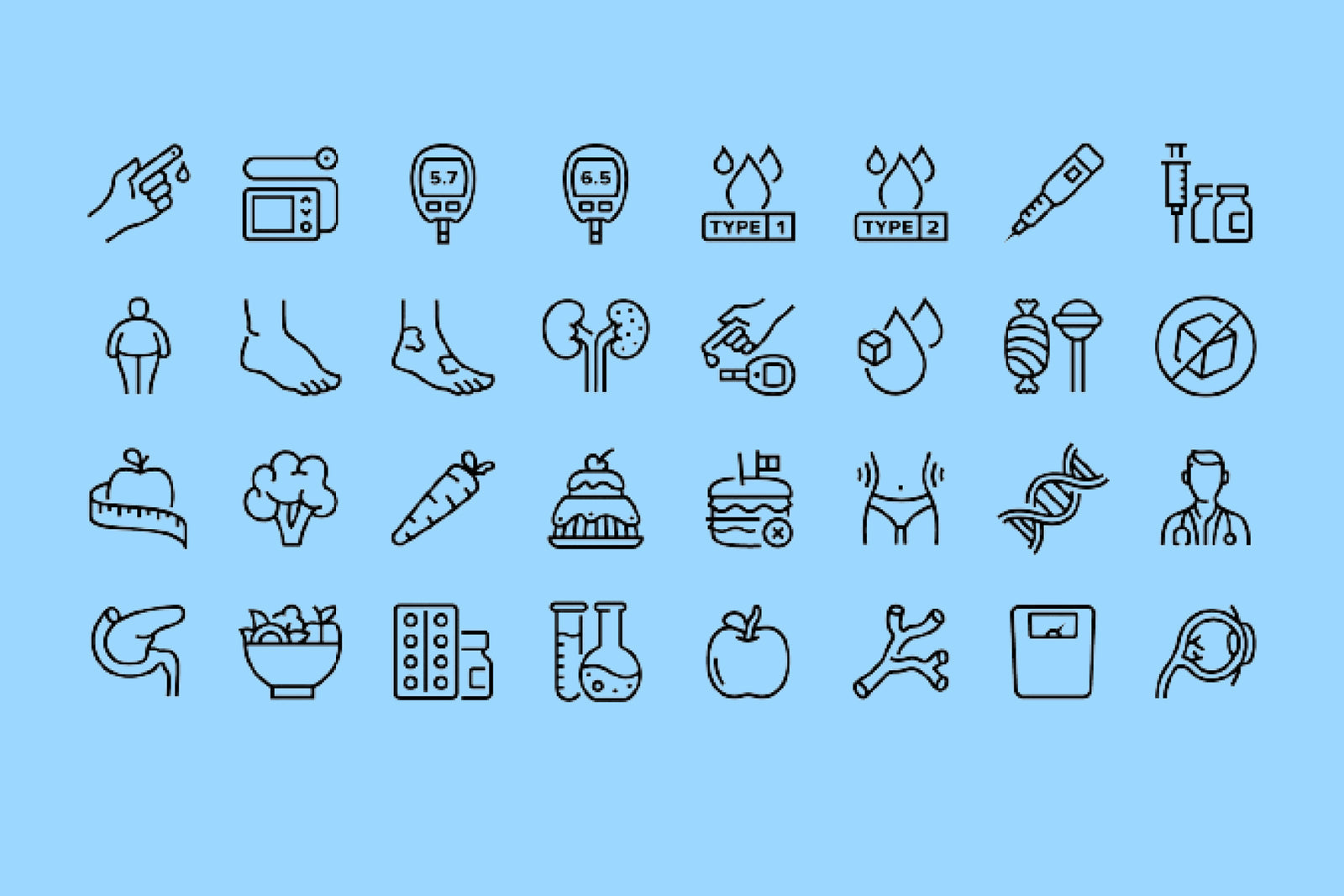Understanding PTGS2 and Osteoarthritis Risk
Arthritis causes joint inflammation, pain, stiffness, and swelling. Osteoarthritis is the most common form and results from gradual cartilage breakdown and joint wear over time. The PTGS2 gene makes the COX-2 enzyme, a key driver of inflammation in joints. Variations in PTGS2 can change COX-2 activity and influence inflammation, cartilage health, and long-term joint function.
How PTGS2 Affects Joint Health
COX-2 is involved in the body’s inflammatory response. Higher or dysregulated COX-2 activity can increase inflammatory signaling in joint tissues, which may accelerate cartilage breakdown and raise the risk of osteoarthritis. Genetic variation at rs4140564 in PTGS2 is one marker linked to altered COX-2 activity and differing osteoarthritis risk profiles.
What This Means for You
A genetic predisposition does not determine outcome. Lifestyle, body weight, prior joint injury, activity choices, and other genes all contribute to whether osteoarthritis develops and how it progresses. Genetic information is a tool to guide prevention and health choices that support long-term joint function.
Actionable Steps to Support Joint Health
Diet
- Follow an anti-inflammatory eating pattern centered on whole foods: plenty of vegetables, fruits, legumes, nuts, seeds, and whole grains.
- Include fatty fish such as salmon, mackerel, sardines, or plant sources of omega-3s like flaxseed and chia to help modulate inflammatory pathways.
- Limit processed foods, added sugars, and excessive refined carbohydrates that promote systemic inflammation.
- Favor sources of antioxidants and polyphenols — berries, leafy greens, green tea, and colorful vegetables — to support tissue repair and counter oxidative stress.
Supplements to Consider
- Omega-3 fatty acids (EPA and DHA): can reduce inflammatory mediators linked to cartilage breakdown.
- Turmeric (curcumin): has anti-inflammatory effects and may help reduce joint discomfort; use formulations with enhanced absorption.
- Glucosamine and chondroitin: commonly used to support cartilage structure and joint comfort; responses vary between individuals.
- Vitamin D: maintain sufficient levels for bone and muscle health; low vitamin D is associated with poorer musculoskeletal outcomes.
- Before starting any supplement, discuss dosing, interactions, and safety with your healthcare provider.
Lifestyle Recommendations
- Maintain a healthy weight: reducing excess load on weight-bearing joints lowers mechanical stress and inflammation.
- Engage in regular low-impact exercise: walking, swimming, cycling, and water aerobics support joint mobility and muscle strength without excessive wear.
- Include strength training to preserve and build muscle around joints for stability and shock absorption.
- Prioritize joint-sparing movement patterns and proper footwear to reduce repetitive joint stress.
- Manage pain and inflammation with nonpharmacologic strategies: heat, cold, physical therapy, and activity modification as needed.
Monitoring and Clinical Considerations
- Keep a record of joint symptoms, activity levels, and triggers to discuss with your clinician.
- Check vitamin D status and correct deficiency if present.
- If you experience persistent joint pain or progressive symptoms, seek evaluation for imaging, physical therapy, or medical management options.
Genetic Interpretation
2 effect alleles (GG) — Increased risk
You carry two copies of the effect allele at rs4140564 (GG). This genotype is associated with a higher genetic predisposition to osteoarthritis compared to other variants at this marker. Your PTGS2 variation may alter COX-2 enzyme production or regulation, potentially increasing joint inflammation and accelerating cartilage breakdown. This is a relative risk increase, not a diagnosis. Many people with this genotype never develop significant osteoarthritis, especially if they maintain healthy weight, use joint-protective exercise, and follow anti-inflammatory lifestyle practices.
Practical steps: prioritize weight management, regular low-impact exercise, omega-3–rich foods or supplements, consider turmeric/curcumin for inflammation, and discuss glucosamine or chondroitin with your clinician. Monitor symptoms and seek early care for joint pain or injury.
1 effect allele (AG) — Moderately increased risk
You carry one copy of the effect allele at rs4140564 (AG). This genotype suggests a modestly elevated predisposition to osteoarthritis relative to individuals without the effect allele. PTGS2-related effects on COX-2 may contribute to higher inflammatory signaling in joints in some people, but this is only one of many influencing factors.
Practical steps: adopt anti-inflammatory eating habits, maintain healthy body weight, include omega-3s and antioxidant-rich foods, engage in regular low-impact exercise and strength training, and consider targeted supplements after consulting your healthcare provider. Early attention to joint symptoms and injury prevention can help reduce long-term risk.
0 effect alleles (AA) — Typical risk
You carry two copies of the non-effect allele at rs4140564 (AA). This is the most common pattern and indicates that, at this specific PTGS2 marker, you do not have the variant associated with increased COX-2 activity. Your genetic risk related to this marker is similar to the general population.
Practical steps: even with typical genetic risk, osteoarthritis can still occur due to age, weight, injury, and lifestyle. Follow anti-inflammatory dietary principles, maintain a healthy weight, stay active with low-impact and strength-building exercise, and address joint symptoms early. Preventive habits support joint health for everyone.
Putting Information Into Practice
Genetic testing at PTGS2 offers insight into one pathway that influences joint inflammation and osteoarthritis risk. Use this information to prioritize preventive strategies: reduce excess joint load, choose anti-inflammatory foods, support musculoskeletal strength, and address early symptoms promptly. Personalized choices and consistent lifestyle habits can make a meaningful difference in long-term joint health.
Important Disclaimer
PlexusDx does not provide medical advice. This information is educational and intended to help you understand genetic predispositions related to joint health. Always consult with your healthcare provider before changing diet, starting supplements, or making clinical decisions based on genetic results. Your clinician can interpret genetic results in the context of your medical history, medications, and overall health.

Share:
ARTHRITIS | IL1B (rs1143634)
ARTHRITIS | IL1B (rs1143634)